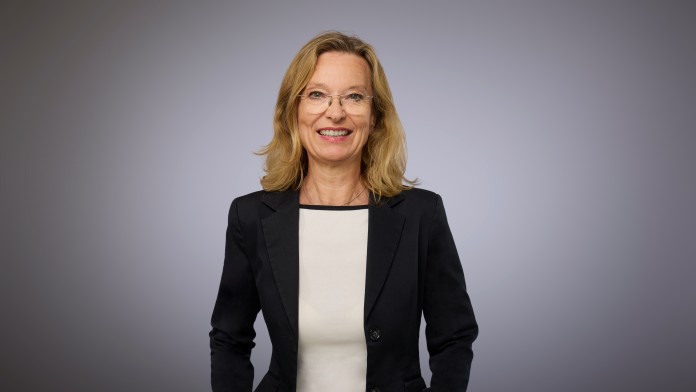Press Release from 2016-10-18 / Group
KfW supports German Federal Government's mobility initiative for cities in developing countries and emerging economies
- KfW providing around EUR 1 billion in 2017 for sustainable transport in emerging and developing economies
- Effective measure for preventing gridlock
- Important contribution to reducing global emissions and combating urban poverty
KfW is providing around one billion euros of development funds in 2017 alone for the Transformative Urban Mobility Initiative (TUMI). The money will mainly be invested in sustainable public transport of growing cities in developing countries and emerging economies. The initiative is aimed at redirecting urban transport towards a vision of climate-friendly urban mobility he world that goes beyond individual transportation.
The German contribution to the implementation of a sustainable agenda for urban development and urbanisation was presented today at the Habitat III Conference in Quito by the German Federal Ministry for Economic Cooperation and Development (BMZ).
Dr Norbert Kloppenburg, a member of KfW Group's Executive Board, described the initiative as a signifcant contribution to sustainable urban development. “Transportation is already one of the biggest sources of greenhouse gas emissions, and is also the one that is growing most rapidly around the world. Low-carbon transportation systems are therefore urgently required in the fast-growing metropolises. TUMI is making an important contribution to a global transport revolution”.
The measures that can be financed as part of the initiative include light rail systems, suburban and underground railways, ferries, pedestrian and cycling paths, cable cars, traffic management systems, measures aimed at road safety and reducing traffic, and connections between urban and rural areas (transportation of passengers and goods). The planned commitments for 2017 alone will provide more than a quarter of a million people with access to sustainable transport and save the equivalent of up to 2.5 million tonnes of CO2.
Between 2011 and 2015, KfW committed funds totalling EUR 870 million for projects in the field of urban/public transport in developing countries and emerging economies as part of German Financial Cooperation. With this new initiative the bank is aiming to further substantially increase its activities aimed at sustainable transportation. The intention is for medium-sized and small cities to also benefit from KfW's support.
Further information on KfW Development Bank is available at


Share page
To share the content of this page with your network, click on one of the icons below.
Note on data protection: When you share content, your personal data is transferred to the selected network.
Data protection
Alternatively, you can also copy the short link: https://www.kfw.de/s/enkBbm2w.Bc-A
Copy link Link copied